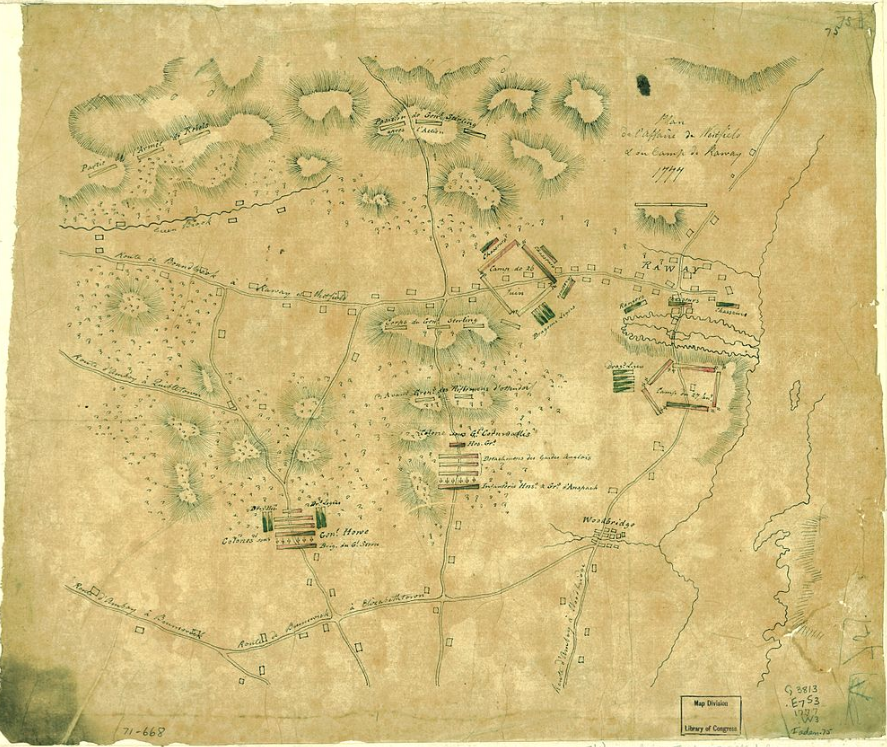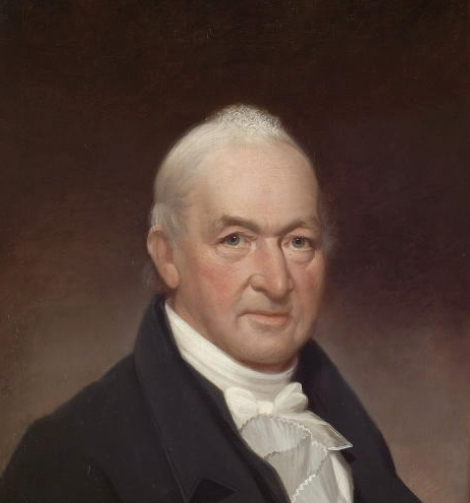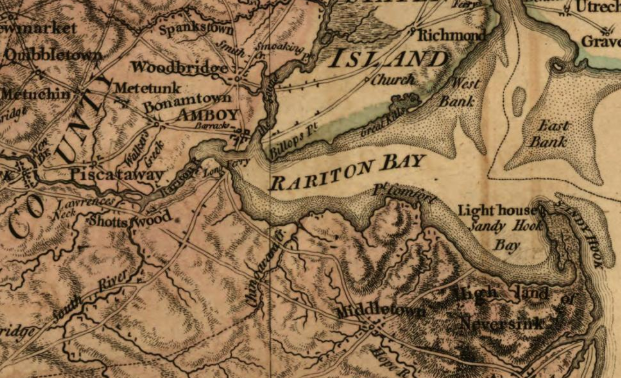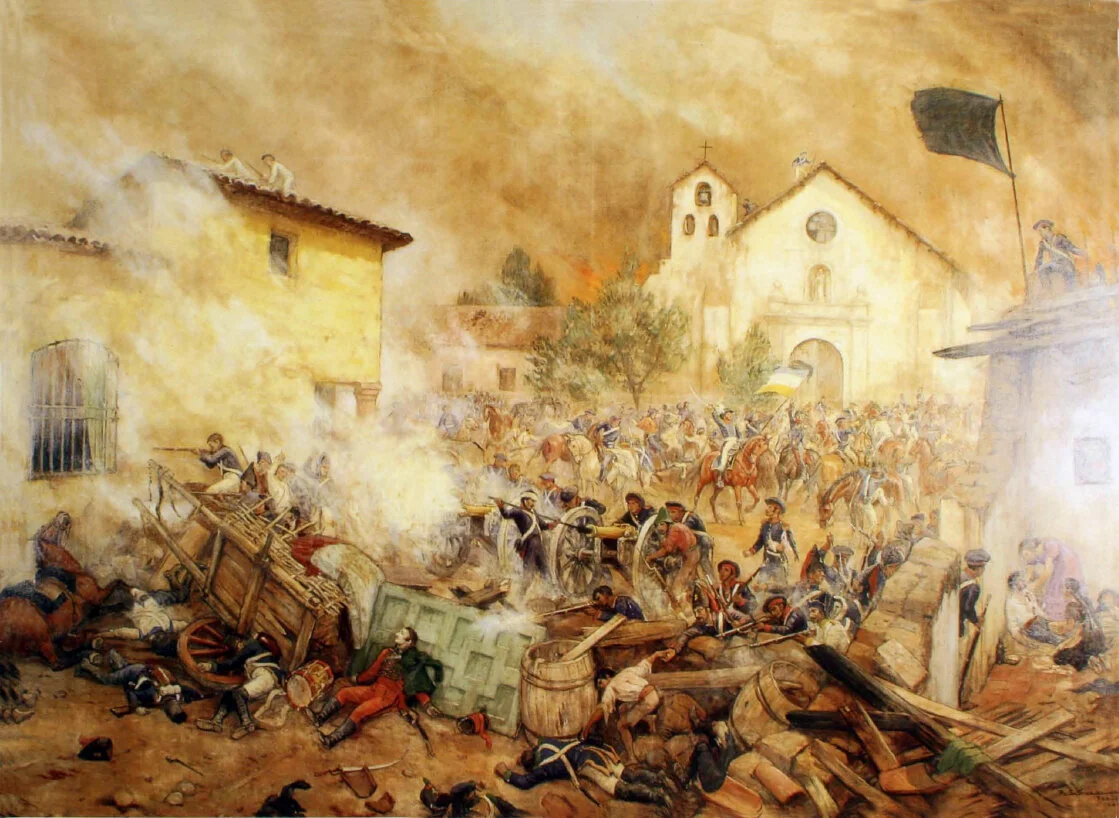The Least Appreciated Fight of the Revolutionary War - The Battle of Short Hills
The Battle of Short Hills is one of the most unsung fights of the Revolutionary War.
In fact, it is so underappreciated that it doesn’t even have a name!
It is commonly called Short Hills (though no fighting took place there) but has also been listed as the Battle of Westfield, Flatt Hills and Metuchen Meetinghouse, though I am unaware what name (if any) the Founders knew it by.
This is peculiar because General Washington keenly avoided a trap which could have destroyed the Continental Army.
Taking Position
After spending the winter of 1776-77 encamped in Morristown, New Jersey, George Washington cautiously moved the Continental Army to the Watchung Mountains.
From here he could watch the movements of General Howe and the British without fear of an engagement. This was because a British attack up the hillside would lead to a mass slaughter similar to Bunker Hill, though with a much larger number of soldiers.
Washington did not know what the enemy’s plans were, though he correctly suspected the target would be Philadelphia.
Deception
General Howe wanted to fight the Continentals in the field, assuming his well-trained army of professional soldiers could easily defeat the rebels. He realized, however, that Washington would only risk this type of warfare in a situation where he had a decided advantage.
Howe chose to play a little trick on the Americans.
He began moving his force out of camp and away from Washington’ men in an attempt to draw them out of their secure location.
Not Fooled
General Washington smelled a rat.
He sent a force of 2500 soldiers under the command of Lord Sterling to tail the Redcoats while slowly moving the rest of the men off the hillside.
Howe suddenly turned back on the Americans.
Sterling ordered a fighting retreat, firing at the British from the brush as they fled. This gave Washington time to move the Main Army back onto the hillside and into safety.
Disaster averted.
Significance
It is interesting to note that this event does not get more applause from American Revolution historians (thought it should be noted, the Battlefield did become a National Historic Site just five years ago).
George Washington, then and now, has received a certain level of criticism for his limited amount of clear victories early in the Revolutionary War.
His decision to err on the side of caution at Short Hills is one of the most important of the war because if he had been cut off by Howe (as was the plan) the Main Army might have been captured, ruining the Patriot Cause.
Here are some stories around other important battles of the Revolutionary War:
Daniel Morgan Prevails in the Battle of Cowpens
John Langdon and the First Battle of the American Revolution
Jeremiah O’Brien Commands the Battle of Machias
Before starting Founder of the Day, I was never much into military history.
While that has changed significantly over the last few years, I know many Founders Fans who feel the same.
However, it is extremely important to know an overview of the military aspects of the Revolutionary War in order to get a more complete understanding of the time.
Therefore, I highly recommend everyone read ‘Theaters of the American Revolution’ which gives a general overview of the war itself. It is perfect for someone new to military history…but also does a great job tying this widespread war together into one digestible story for readers who are particular toward warfare.
Pick up a copy through the Amazon affiliate link below (you’ll support this site, but don’t worry, Amazon pays me while your price stays the same).
Want to get fun American Revolution articles straight to your inbox every morning?
Subscribe to my email list here.
You can also support this site on Patreon by clicking here.






